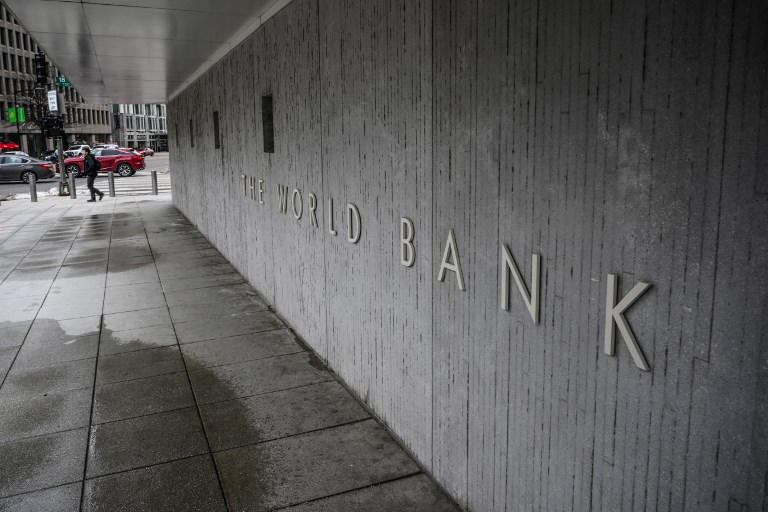Ukraine faces a challenging period ahead, as economic growth slows across Europe and Central Asia, the World Bank wrote in its new Financial Inclusion report for Spring 2019.
Growth in developing economies in the region as a whole was 3.1 percent in 2018 and will most likely decline to 2.1 percent in 2019. Pulling ahead of this trend will require the country to pass a series of difficult reforms or watch the gains of the past few years slip, according to the report.
“The growth outlook depends critically on sustaining the reform momentum to support investment and mobilizing adequate financing,” the World Bank wrote. “In 2019, growth (in Ukraine) is projected at 2.7 percent as investment remains constrained by difficult external conditions, election-related uncertainties, and the resulting high cost of external borrowing.”
If Ukraine succeeds in keeping its reform momentum going, it can stay ahead of the curve with 4 percent growth but if it doesn’t, growth can fall below 2 percent as investor confidence deteriorates and macroeconomic vulnerabilities intensify, the bank wrote.
Improving the business environment and tackling corruption are two of the top priorities identified by the World Bank, in order to attract private investment into key industries. According to some speakers at the Kyiv Post’s Tiger Conference in December, corruption remains one of the biggest problems, despite Ukraine’s climb up the World Bank’s “ease of doing business” rankings.
The country must develop an agricultural land market, according to the report. Last year, the World Bank estimated that the value of Ukraine’s land will triple, to $3,500 per hectare, if Ukraine cancels restrictions on land ownership. In December, the Rada extended the ongoing moratorium of agricultural land sales until Jan. 1, 2020.
The recent World Bank report also said that Ukraine needs to insure fiscal stability through health and education reform and improved social assistance. Bank lending to enterprises must also be improved, according to the report.
Financial inclusivity growing fast but still behind EU
Besides macroeconomic outlooks, the World Bank outlined the uneven levels of financial inclusivity across Europe and Central Asia.
The euro area had the most people with access to banking and financial services. However, developing countries including Ukraine, Moldova and others saw the percent of people having bank accounts increase by 20 percent or more between 2011 and 2017. About 63 percent of Ukrainians had accounts in 2017, up from 41 percent in 2011.
The National Bank of Ukraine said in July that 37 percent of adult Ukrainians lack bank accounts because they either lack funds or don’t trust financial companies. The World Bank report found that reasons for not having accounts also include lack of documentation and living too far away from banks.
Still, Ukraine was one of the countries that saw “significant growth” in the use of digital payments, according to the report. The share of adults making or receiving digital payments was 61 percent in 2017 in Ukraine.



